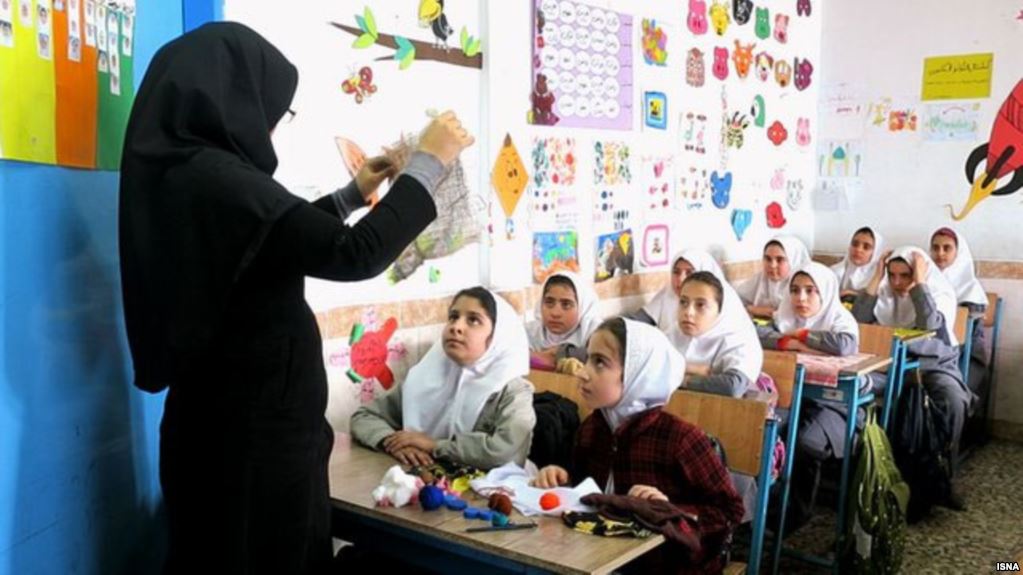CHRI – The Iranian Education Ministry is revising its hiring guideline which disqualifies or discourages several classes of citizens from being employed as teachers.

The guideline, published on August 23, 2017, was later removed from the ministry’s official website after it came under heavy criticism on social media for its discriminatory recommendations that eliminate the disabled, women with excessive body hair, those with thick accents, smokers, short people, heavy people, ugly people, one-eyed people and stutterers, among a long list of others.
The next day, Esfandiar Chaharband, the Education Ministry’s human resources director, was quoted as saying that the guideline, introduced two years ago, was undergoing a review and a new draft, minus many of the physical disqualifications, would be published soon. However, those carrying the HIV virus would still be barred from becoming teachers.
In his interview with Etemad newspaper on August 24, Chaharband said international laws many not allow discrimination against people with HIV but Iran follows its own national policies.
“We want to have superior hiring practices based on academic qualifications as well as ideological and moral ones, along with physical and mental health considerations, too,” he said. “As long as we have three million young, educated job seekers who are physically and mentally healthy, we should fill our teaching vacancies with them. Besides, rest assured that the international organizations do not recommend these people [with HIV] should be around vulnerable groups such as kids.”
According to a legal expert based in Tehran who spoke to the Center for Human Rights in Iran (CHRI), the Education Ministry’s hiring guideline violates the Iranian constitution and could be challenged in court by anyone disqualified by it.
“Laws and regulations cannot contradict higher sources of the law and in Iran the main and highest source is the constitution, which not only prohibits discrimination but also recognizes everyone’s right to employment,” human rights lawyer Mohammad Moghimi told CHRI.
“I have not read the ministry’s entire hiring guideline but disqualifying women who have [non-contagious] illnesses, or the disabled, are discriminatory and unconstitutional,” he added.
According to Article 19 of the Iranian constitution, “All people of Iran, whatever the ethnic group or tribe to which they belong, enjoy equal rights; and color, race, language, and the like, do not bestow any privilege.”
Also, Article 28 states, “Everyone has the right to choose any occupation he wishes, if it is not contrary to Islam and the public interests, and does not infringe the rights of others. The government has the duty, with due consideration of the need of society for different kinds of work, to provide every citizen with the opportunity to work, and to create equal conditions for obtaining it.”
Moghimi, who has provided pro bono legal services to a number of Iranian civil rights activists, also noted that citizens who are discriminated against can take their case to the judicial system, as provided by the constitution’s Article 173.
“The constitution has a provision which says any citizen can complain to the Court of Administrative Justice and seek the abolishment of unconstitutional legislation by any government agency or legal institution,” the attorney said. “This particular hiring guideline has been drafted by the government and therefore citizens can challenge it in court.”
 Shabtabnews In this dark night, I have lost my way – Arise from a corner, oh you the star of guidance.
Shabtabnews In this dark night, I have lost my way – Arise from a corner, oh you the star of guidance.


